Do you know exactly what you want to do for a living? Are you clear on the job you’re hunting for? If yes, congrats! That job search might be tedious but it’s helpful to know what you’re hunting for.
For so many people, the answer is a sheepish “no.”
If you haven’t been inspired by the jobs around you, chances are part of what’s holding you back is not having a model that resonates with you. Someone, doing something that seems realistic and inspiring to you.
If you’re only exposed to your immediate circle of friends, you’re only going to see the jobs that are in front of you. The ones your friends have, the ones that pop up on LinkedIn or get pushed to you by your career counselor.
Consider this your piece of the pie, combined with the piece of the pie your friends and co-workers know. The rest of the pie is unknown to you, for now.
If none of those jobs sound appealing, you have to broaden your view. Get a new perspective. See how the rest of the world works. What’s happening in all the other slices of the pie?
There are likely dozens of jobs out there that you know very little about, but that could bring you joy. That was the case for me.
When I started as a coach, all I knew was that I wanted to learn how to coach. I come from an operations background and love doing puzzles. Solving problems is my jam. After 14 years of working to solve business/operations problems, I wanted to learn how to help individuals navigate their own challenges.
At the time, being a coach full-time seemed insufficient to make a living and totally out of left field in a way I couldn’t explain to people. No one in my immediate circle was a coach, or even had a coach. So I had to do some exploring. One of my first connections was through my CFO at my last startup, a wonderful friend and colleague named Chris. Over drinks, he mentioned our CEO who I had worked with for 2 years had recently hired a coach, paying him/her a not-cheap retainer. Both Chris and my former CEO, two people I respected, spoke highly of a successful coach. It put this whole coaching thing in a very appealing new light. This career became that much more realistic.
You can get exposed to new jobs by having conversations with people who run in different circles. Through your weak ties.
Where do I start to connect with my weak ties?
Start by identifying one thing you know you like (e.g. working for a particular cause like the environment or animal rights). Then look at all the people who you’ve ever been in contact with. Through sports teams, your alma mater, school programs, etc. Does anyone have a connection there? Could anyone make a connection for you?
What if I haven’t talked to these people in 5 years?
That’s A-OK. You can still reach out. Just acknowledge the passing of time and be earnest about it. One example:
“Hey Jon!
It’s been so long! Last time we talked you were in SF working for AirBnB. Still there? How are things?
I’m reaching out because I saw you’re connected to ASPCA. It’s an organization I’m really interested in getting involved with. I wanted to see if you had 20 minutes to spare to chat through your experience with them. If it’s not a good time, I totally get it. It would be good to hear updates either way.
Hope you’re well. — Laura”
In the meantime, start nurturing your connections with more intention to make these conversations even easier.
How can I nurture my connections with weak ties?
What is nurturing?
Nurturing is a series of touch points with someone. The goal is to know what's going with each other, e.g. where you are today and what you're looking to do next. Once you have the info, you'll be in a better position to help each other out in a mutually beneficial way.
Who should I be nurturing?
Anyone you've ever connected with could be worth nurturing if you think they could be helpful to you and you to them. You already know a ton of people, even if you don't believe us (yet). You know all of your current and past colleagues, friends you play soccer with (or whatever else), book club friends, neighbors you grew up with, friends of friends, your family friends ... you get the idea. All of these are fair game, even if you haven't talked to them in 10 years.
How should I be nurturing?
Not all relationships are created equal. Your nurturing activities may be different by person. Think about "what type of activities do I already do to maintain relationships?" and "what types of activities do I hate doing?" "What feels most appropriate or natural for this person and for me?" Find a nurturing style that works for you (there are lots of ideas below).
Do I have to get coffee with everyone?
Nope. You might love to get coffee chats, or grab drinks, or have a Zoom catch-up over breakfast. These 1-on-1 connections can be meaningful and useful. However, they're not the only option. Let's check out group nurturing...
What is group nurturing?
It means a touch point that goes to many people, so you get the most bang for your buck. You likely already do this in your WhatsApp groups, text chains, when you’re throwing a dinner party, when you’re sharing an update on LinkedIn, when you play a game of soccer with your friends...etc.
Want to download our checklist on how to nurture connections with weak ties?











